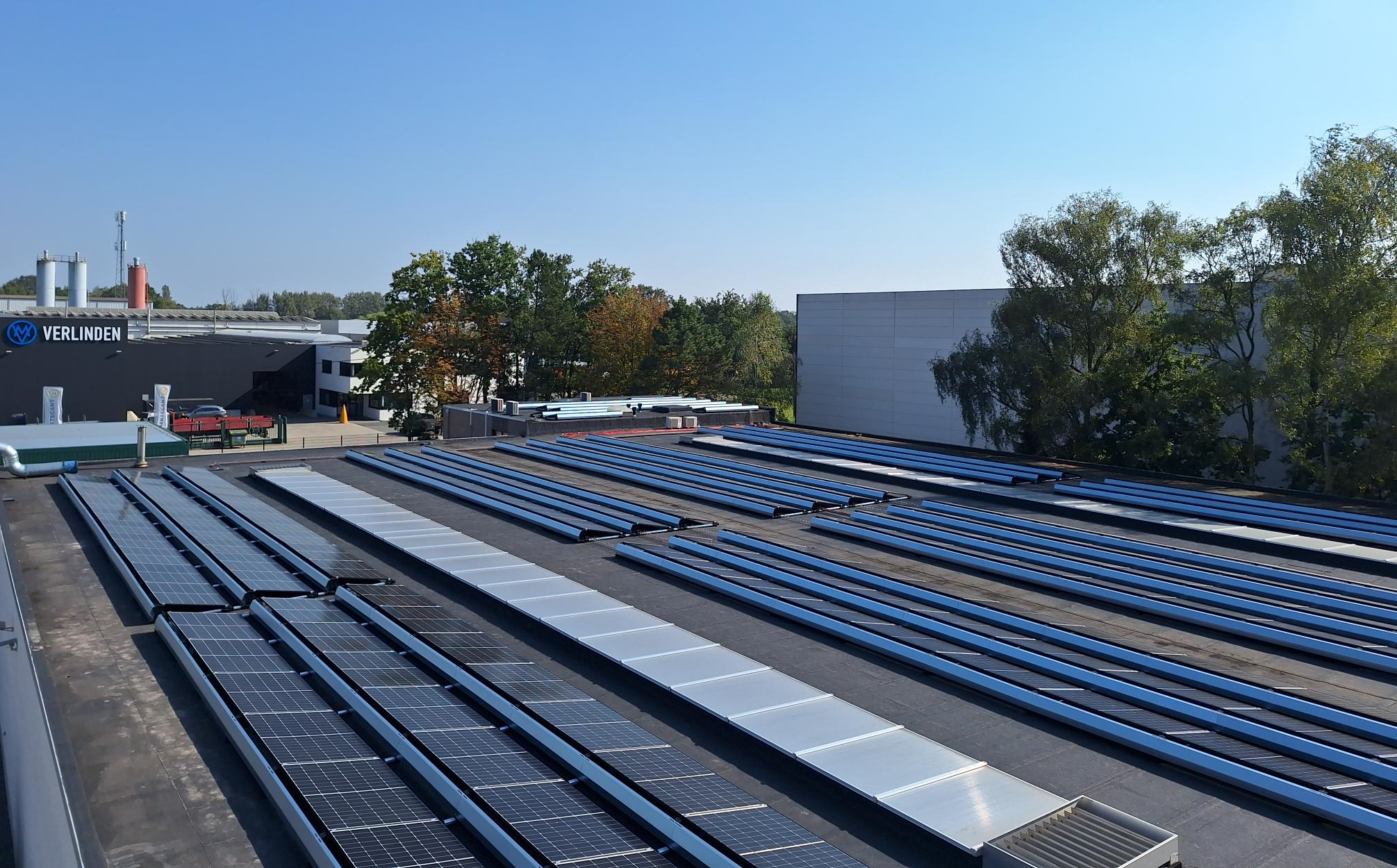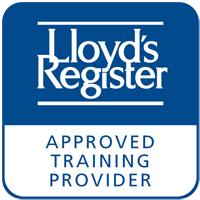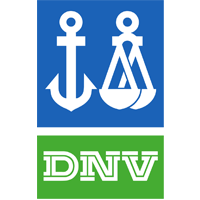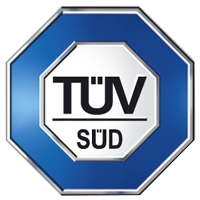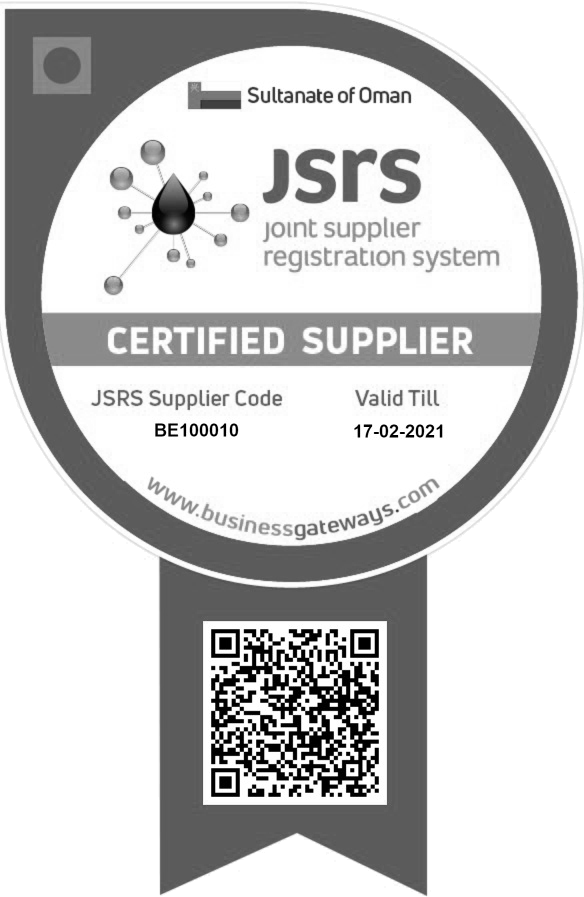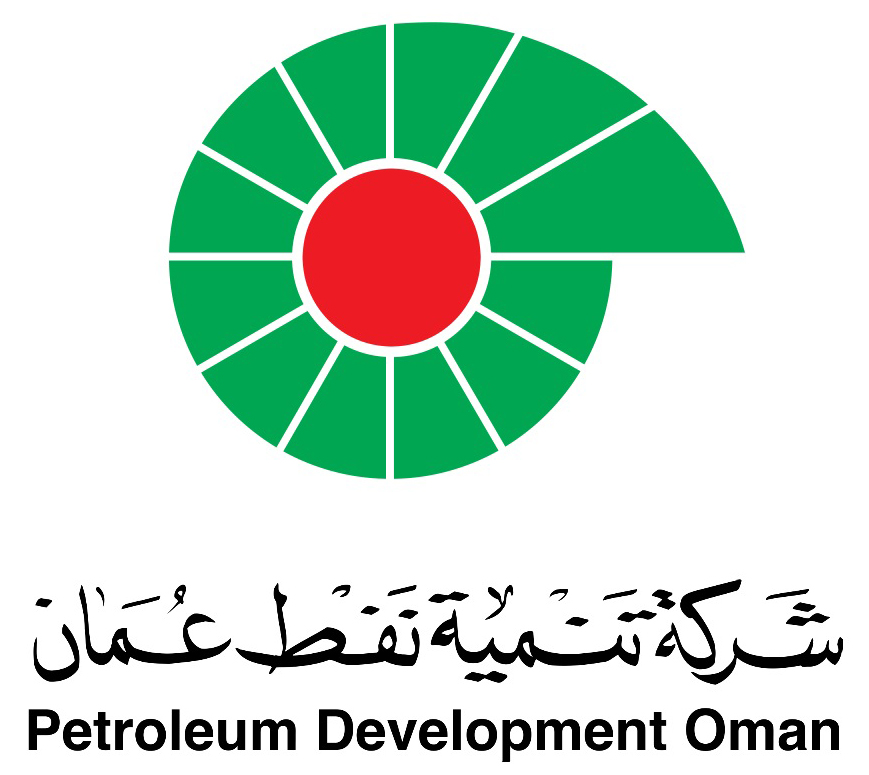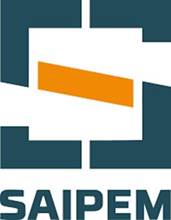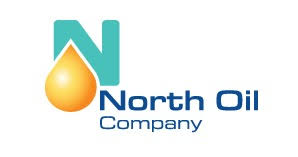Do you need to order flanges for the refitting or construction of a ship? Then two things are crucial: the speed of delivery and, quite often, the certification of the material. How can you obtain flanges that carry the proper certification?
When you order flanges, they are normally accompanied by a 3.1 material certificate, according to European standard EN 10204. This certificate confirms that the flange material complies with the required standard. The flange manufacturer issues this certificate after a sample of the flanges has successfully undergone the necessary mechanical tests in an approved laboratory.
Sometimes, however, this type of certificate is not sufficient when the flanges are used in specific critical applications. This is often the case when the forgings are intended for ships. In this case, flanges are often required with a 3.2 certificate. This corresponds to a 3.1 certificate, but the difference is that an inspector from the independent notified body inspects the production process and attends the tests in the laboratory.
Supervised by an independent notified body
When flanges need to be issued with a 3.2 certificate, an inspected and stamped sample of the production batch is sent to the laboratory. There, the external certified inspector comes by to witness the tests.
The specific requirements that the flanges must meet can still vary from application to application. The more aggressive the medium that will flow through the flange, or the higher the pressure with which this will happen, the stricter the requirements. For example, for high pressure fuel or chemical applications, the forgings must meet higher standards than for low pressure cooling water applications.
Once the pieces have been tested and they meet the standard, a 3.1 material certificate is drawn up with all the test results attached. This certificate is then upgraded to a 3.2 certificate by the inspector and finished flanges are marked with the inspector’s stamp.

Forged by an authorized manufacturer
The next question is: exactly which inspection bodies should or can issue such a 3.2 certificate? Several of these institutions have a specific department for this purpose. The end customer specifies which of them should witness the testing. The inspection institute appointed for the complete ship will be specified as the notified body to certify the new flanges. Often, the notified body requires a manufacturer and material supplier that are approved (by its institute).
Why Hertecant Flanges is the right choice for you
On the one hand, because as a manufacturer, we are certified by numerous inspection bodies that have a department for shipping: DNV GL, Lloyd’s Register, ABS, BV and TÜV SÜD. So, we are perfectly capable of manufacturing 3.2-certified flanges for ships that are inspected by one of these independent bodies.
Moreover, we can produce and deliver the forgings very quickly and in small volumes, without any compromise in terms of quality. We can do this because of our unique strengths and our location: we are situated close to Antwerp and Rotterdam’s ports, where various inspection bodies can be found.
Do you wish to place an order?
Then you must provide us with sufficient info about the intended application, the vessel (HUL number), the required inspection body and the required certificate (3.1 or 3.2), as well as details of the flanges themselves, such as the material from which they are to be made. We have a lot of materials in stock.
Don’t worry about forgetting something: we will guide you through your order step by step via the chatbot on each page of our website. So you can rest assured that you will get the flanges you need, precisely according to the required standard, with the right certificate from the right inspection body.

